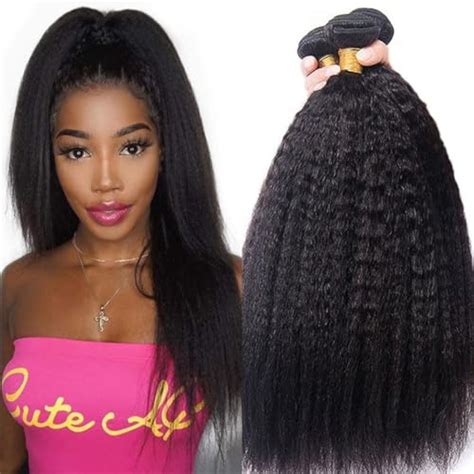Thin hair can be a frustrating problem, leading to a lack of volume, body, and style. However, with the right haircuts and styling techniques, you can transform your thin hair into a flattering and voluminous masterpiece.

Understanding Thin Hair
According to the American Academy of Dermatology, approximately 50% of women experience hair thinning by the age of 50. Thin hair occurs when the hair follicles produce thinner, finer hairs, resulting in a reduction in overall hair density.
Causes of Thin Hair
- Genetics
- Hormonal changes
- Medical conditions
- Medications
- Nutritional deficiencies
- Stress
Haircuts to Enhance Volume
The key to haircuts for thin hair is to create the illusion of volume and fullness. Shorter haircuts with layers and texture can help achieve this effect.
Bob Haircuts
Bob haircuts are a classic choice for thin hair. The shorter length removes weight from the hair, while layers add movement and volume. A side-swept bob with textured ends can create a youthful and voluminous look.
Pixie Cuts
Pixie cuts are short, edgy styles that can add lift and volume to thin hair. Layers, bangs, and an asymmetrical cut can enhance the illusion of fullness.
Wavy Bob Haircuts
Adding waves or curls to a bob haircut can create instant volume. Beachy waves or loose curls can help disguise the appearance of thinness.
Long Bob (Lob) Haircuts
Lob haircuts fall just below the shoulders and are a great option for those who want to maintain some length. Layers and beachy waves can add volume and movement to thin hair.
Other Volume-Boosting Haircuts
- Blunt cuts: Removing split ends and creating a blunt cut can give the illusion of thicker hair.
- Graduated cuts: Layers cut at different lengths can add volume by creating a more tapered appearance.
- Razored cuts: Razor-cut ends add texture and remove weight from the hair, creating a fuller look.
Styling Tips for Thin Hair
In addition to a flattering haircut, the right styling techniques can also enhance volume and fullness.
Use Volumizing Products
Volumizing shampoos, conditioners, and mousses can help boost the appearance of thin hair. These products contain ingredients that lift the hair at the roots and create a fuller effect.
Blow-Dry with Volume
Blow-drying your hair upside down or using a round brush can help lift the roots and create volume. Avoid over-brushing, as this can break or damage thin hair.
Add Texture with Dry Shampoo
Dry shampoo absorbs excess oil and adds texture to the hair, giving it a fuller appearance. Focus on the roots to boost volume.
Backcomb
Backcombing is a technique that involves gently teasing the hair at the roots to create volume. Use a fine-toothed comb and brush out any excess teasing to avoid breakage.
Highlight and Lowlight
Adding highlights and lowlights can create the illusion of depth and texture, making thin hair appear thicker. Choose shades that complement your skin tone and natural hair color.
Advance Techniques
Hair Extensions
Hair extensions can add instant length and volume to thin hair. Clip-in extensions or fusion extensions can be used to customize the look and achieve the desired fullness.
Cold Fusion Hair Extensions
Cold fusion hair extensions use no heat or chemicals to attach the extensions to the natural hair. This gentle method is ideal for people with thin or damaged hair.
Conclusion
With the right haircuts and styling techniques, people with thin hair can achieve voluminous and stylish looks. By understanding the causes of hair thinning, embracing shorter styles with layers and texture, and utilizing volumizing products, you can transform your thin hair into a flattering and confidence-boosting asset. Remember to consult with a professional hairstylist to find the perfect haircut and styling regimen for your individual needs.
